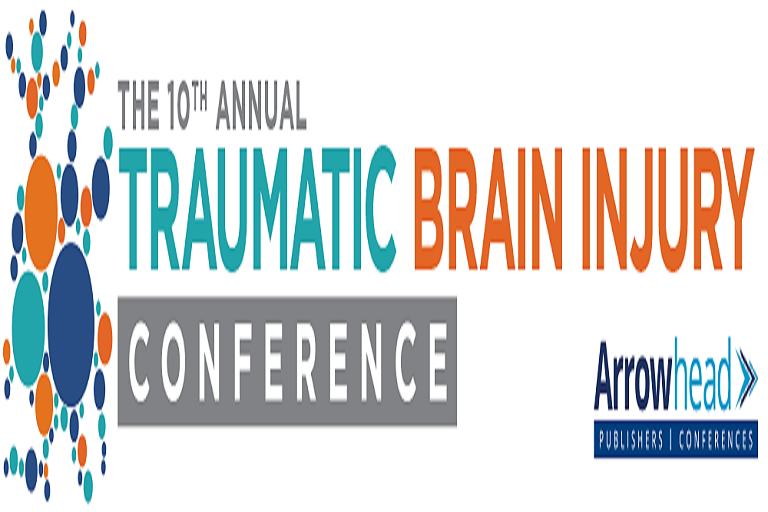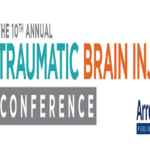Article by Lindsey Patterson
The healthcare industry is now ripe for a technological takeover and artificial intelligence is already initiating the transformation. It has impacted virtually every step of providing medical care, from patient-doctor interactions, to diagnosis, drug administration, monitoring and follow up. You should, however, note that it has helped ease the workload on medical staff while making the healthcare industry as comprehensive as possible. Some of the ways in which AI is changing the health industry include:
- Revolutionizing diagnosis process
Traditionally, patients often turn up to a hospital and narrate their health condition to a physician who then diagnosis them with a particular ailment and recommends treatment options. In some cases, the patient may have historical medical records that the professional may consult in diagnosis. The absence of a patient’s medical record, on the other hand, exposes them to misdiagnosis.
AI seeks to revolutionize this practice and enhance the accuracy of diagnosis by providing the doctor with as much information about the patient’s health as possible. It gathers these from previous electronic records as wearables smart health devices.
- Guaranteeing efficiency
The current system of healthcare centers around the health practitioners thereby creating a single point of failure. If the physician misdiagnosis your condition, the rest of the system follows suit thus exposing you to even more danger. By creating multiple sources of information that a professional can act upon and even assisting with diagnosis, AI disrupts this point of failure and in effect makes the healthcare sector more effective.
- Aiding in drug discovery and dispensation
Over the years, different institutions and independent scholars have gathered tons of data regarding different illnesses. Artificially intelligent tools can be used to skim through this data and gather as much information about a particular illness or drug research as possible. Such an act would go a long way in speeding up the drug discovery process. By giving doctors access to a patient’s medical history, a doctor is able to view medications they have been exposed to and their response thus aiding with the drug dispensation.
- Virtual health assistance reduces relapses
Long gone are the days when healthcare assistance ended the moment you stepped out of the hospital’s doors. Today, intelligent apps and wearable devices are able to monitor your vitals and share the information with your physician allowing them to track your response to medication or other treatment options. This virtual health helps prevent recurrence of the same illness.
- Contain risks of drug resistance
While most of the prescription drugs may play a significant role in addressing the symptoms of common ailments, their continued use exposes you to drug resistance. AI can, however, address these problems by helping examine a patient’s medical history, identifying the drugs they have been exposed to in the past, and determine the likelihood of the person developing drug resistance. This helps the doctors make more informed decisions during drug prescription by avoiding drugs that expose the patient to the risk of resistance.
- Smart hospital devices help monitor patients
The introduction of artificially intelligent systems has also made it possible for hospitals to maintain a close watch of their patients. For instance, FDA recently approved a system that monitors a patient’s heartbeat to better understand their health. These can be deployed in the hospital wards, including the ICU to monitor patient progress and allow for real-time monitoring by a physician as they go about their daily tasks.
- Making the industry more proactive
Ideally, you have to fall ill before visiting a doctor who then prescribes a treatment option to address your illness. You both are only reacting to a combat a condition. What if you could help detect the ailment in its early stages and prevent its occurrence rather than wait for it to strike.
Such a move would help arrest bodily complications like cancer that is only detected in its later stages of development. Smart wearable devices have already pioneered in real-time monitoring of an individual’s health and infusion of AI in their development promises to make the health industry more proactive in addressing some of the common ailments.
Bottom line
While the rest of the world adapted to technological changes, the healthcare industry remained adamant and human-centered and only embraced digitization selectively. The artificial intelligence wave is, however, sweeping through the industry and promises to institute several meaningful changes starting with the drug research and administration and even converting its mode of operation from reactionary to proactive operations.








































